Core values are meant to guide one’s actions and behaviors in the face of adversity. Yet many of the words proudly posted on the walls in training rooms across America would quickly be dismissed when they became inconvenient in the moment.
We’re pretty good at identifying virtuous actions and behaviors, but these are merely aspirations, not a code to live by. Surely, we can point to an incident where we did the thing we believe in, affirming our belief that we always do the right thing. But because our brains really like being right, we dismiss or simply forget the times we replaced our “core values” for the momentarily convenient.
So how do we distinguish between core values and convenient beliefs? Knowing this will guide us down a different path. Some know it as the high road. Others know it as the road less traveled. Let’s go adventuring, shall we?
Core Values vs. Convenient Beliefs
Neils Bohr, Nobel Prize-winning physicist, famously said, “The opposite of a fact is falsehood, but the opposite of one profound truth may very well be another profound truth.”
We all know justice and mercy to be profoundly true, but we cannot have both at the same time. How can it be that these paired opposites are both profoundly true then?
Which one you choose depends solely on which side of the table you’re sitting on.
As an accused murderer, you want mercy. The victim's family — justice.
To choose the obvious option is to choose the merely convenient. You’re completely reasonable in your choice.
But what changes when the victim's family murders the accused murder?
Beliefs are worthless because they don’t have a consequence. When you can simply interchange them for what suits your situation, they hold no value.
Beliefs are the sugar of morals. They’re empty calories that taste great but only fatten your ego. They provide no nutrients that feed the soul.
Values, on the other hand, are inconvenient. They are the hard choice because when you convenience another person, you are sacrificing your convenience to do so.
Consider this Plumbing example.
You believe that no customer should have to suffer without hot water. You also believe that it’s healthy to not ask your technicians to run after-hours calls.
When a hot water tank goes out after hours, what do you do?
Let’s raise the stakes.
You live in Phoenix and there’s a heat wave. You get a call after hours from an 83-year-old widow that she has no air conditioning. You’re techs have been working in extreme heat all day.
What do you do?
Either decision you make is right. The one that you determine is more right, is your value because it’s the one you chose. If you simply decide that this is how you will always act, that makes it a core value.
A core value is the one you hold in your core. It’s at your core. It’s the hill you die on. It’s the choice you make every time. In neuroscience, we would liken it to automatic recall. It’s the choice you default to without even thinking about it.
The true test of core values is in your actions and behaviors, not aspirations disguised as a virtue.
What are your actual core values then? Your non-negotiables? What will you take a bullet for? Do these things matter to the buyer, or are you just posturing?
Once you figure this out, you can make them potent guarantees that stand your brand 600 ft above the competition.
While your promises come with self-imposed consequences, your competitors are trying to persuade with empty promises and baseless claims.
It’s those consequences that have buyers demand you grow.
Why? Because your authentically core values are what your buyers value. They get baseless claims everywhere. They’re looking for someone to take a stand. To own their weaknesses as much as their strengths.
You can’t be better until you do something better.
Assessing the Authenticity of Your Core Values
- Actions and Behaviors: Authentic core values are visible in a company’s actions and behaviors, especially during challenging times. Core values are the North Star because this is the only star that doesn’t move in the night sky. The North Star is the only way to navigate, and navigating is the only way to get where you’re trying to go. People only follow those who are going somewhere.
- The Empowered Employee: Employees embody a company's authentic values, good and bad. If the company only has interchangeable beliefs, employees don’t know how to serve at the highest level. This makes it impossible to empower, and therefore scale, your business in a meaningful way. They are simply tugged and tossed by the winds and waves of circumstance. When a business, and by extension its leaders, stand for the merely convenient, the business is doomed to aimlessly float about at sea until it starts to navigate, abandon ship, or die.
- Active Listening: Employee and customer feedback is a helpful way to reduce friction. That means asking the tough questions, graciously receiving constructive criticism, and doing something about it. Remember, going to the doctor isn’t the cure; taking the medicine is.
- Consequences: Companies genuinely committed to their core values will always have self-imposed consequences for not living up to the right guarantees. Specifics are more persuasive than generalities. So, what will you do specifically when you don’t do what you said you would?
- Custer and Crockett: It all starts at the top. That’s why it’s the ‘hill’ you die on. Your actions and behaviors articulate your priorities. You get precisely what you tolerate, and when it comes to authentic core values, there can only be zero tolerance. This includes you. The Captain goes down with the ship.
Eliminate Baseless Claims
- Vague: The reason the “100% Satisfaction Guarantee” is so lame is because it means nothing. Screaming you’re the best, world-famous, or number one anything makes you look small and desperate. Companies that make broad statements about their values without consequences or proof are less persuasive than those who specifically state what happens if they don’t deliver.
- Over-Promising: When you tell your prospect that you deliver exceptional service, you set yourself up to fail. Now the expectation is exceptional, and one misstep will see you fall from the impossible pedestal you’ve created for yourself. You cannot be all things to all people at all times. Set the right expectation by underpromising so you can easily over-deliver on the expected result.
- Inconsistent: Inconsistencies inspire bad reviews. When your buying experience is different from what they expected based on your advertising, you get punished publicly. While some would rather promise nothing, avoiding greatness, others overstate their worth and disappoint. You can either choose to punish yourself or you can let the public do it for you, but you face recourse regardless. Personally, I’d rather choose my own adventure any day.
Beliefs Matter
Even though beliefs are easily interchangeable to suit the situation, remember that all values are formed from your beliefs. You can believe in your beliefs, and you can make decisions that fit best at the moment. Just remember that your brain would rather be right than rich. Like Uncle Joe says, “Your ego is not your amigo.”
What you really value in your core is something you refuse to change, even in the face of dire consequences. Just know that the harder the pill you swallow, the greater the brand value and that makes one hell of a good advertisement.
Protect your authentic values with your life.
The Bottom Line
Distinguishing between your truly authentic core values and merely convenient beliefs is more crucial than ever if you hope to persuade people that you matter. It's not just about having values. You have to protect and defend them through your actions and behaviors.
Beliefs are a fun way to explain how you protect and defend your core values. Lean into them as a building block, but not as a load-bearing wall.
True core values are the actions you take and the behaviors you display. They will stand the test of time, guiding your company with unwavering certainty. While beliefs will waver at the sight of adversity, your values will instruct everyone on the right thing to do when it’s hard.
In the end, it's these core values that define a company's true character and legacy.


.webp)
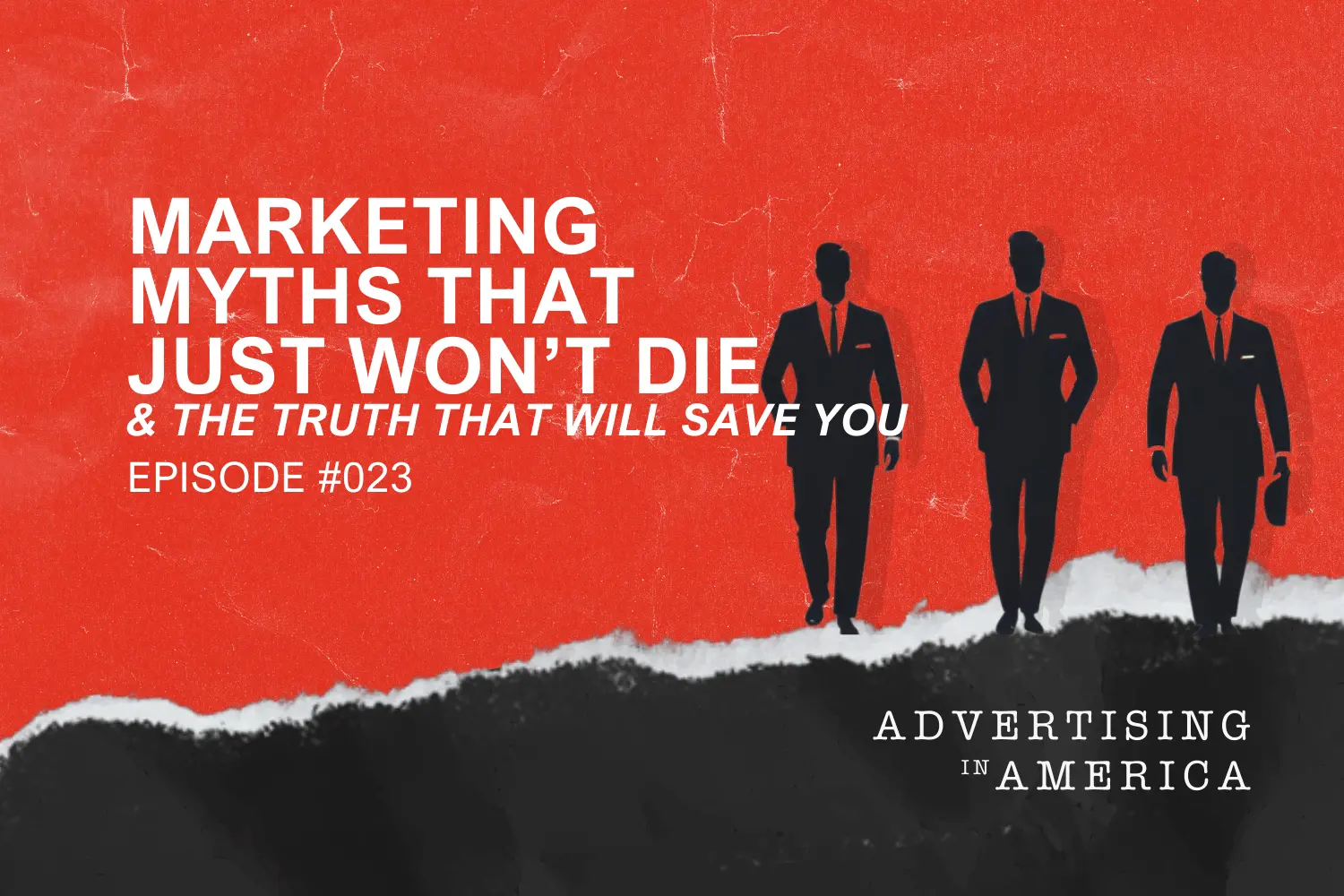

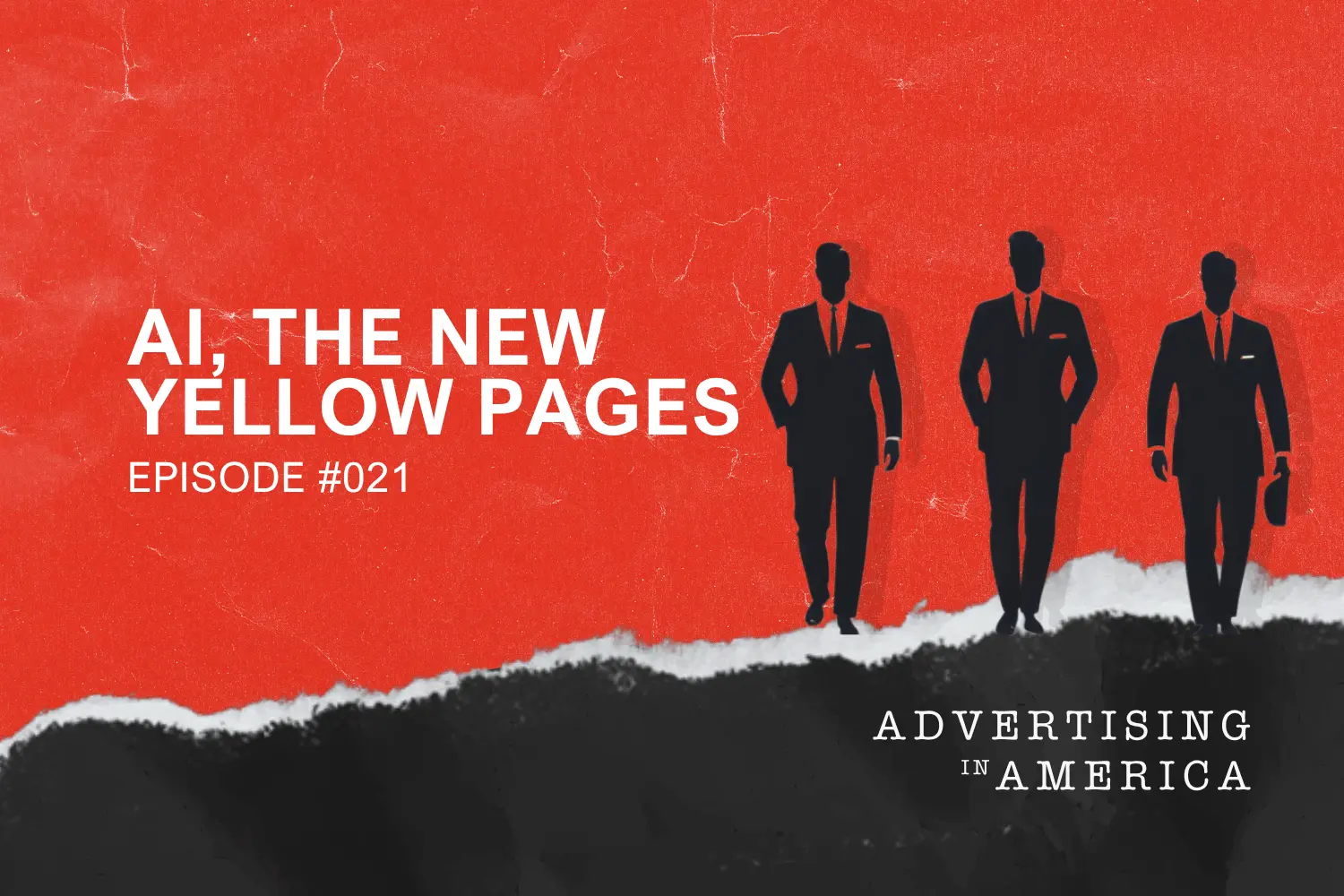

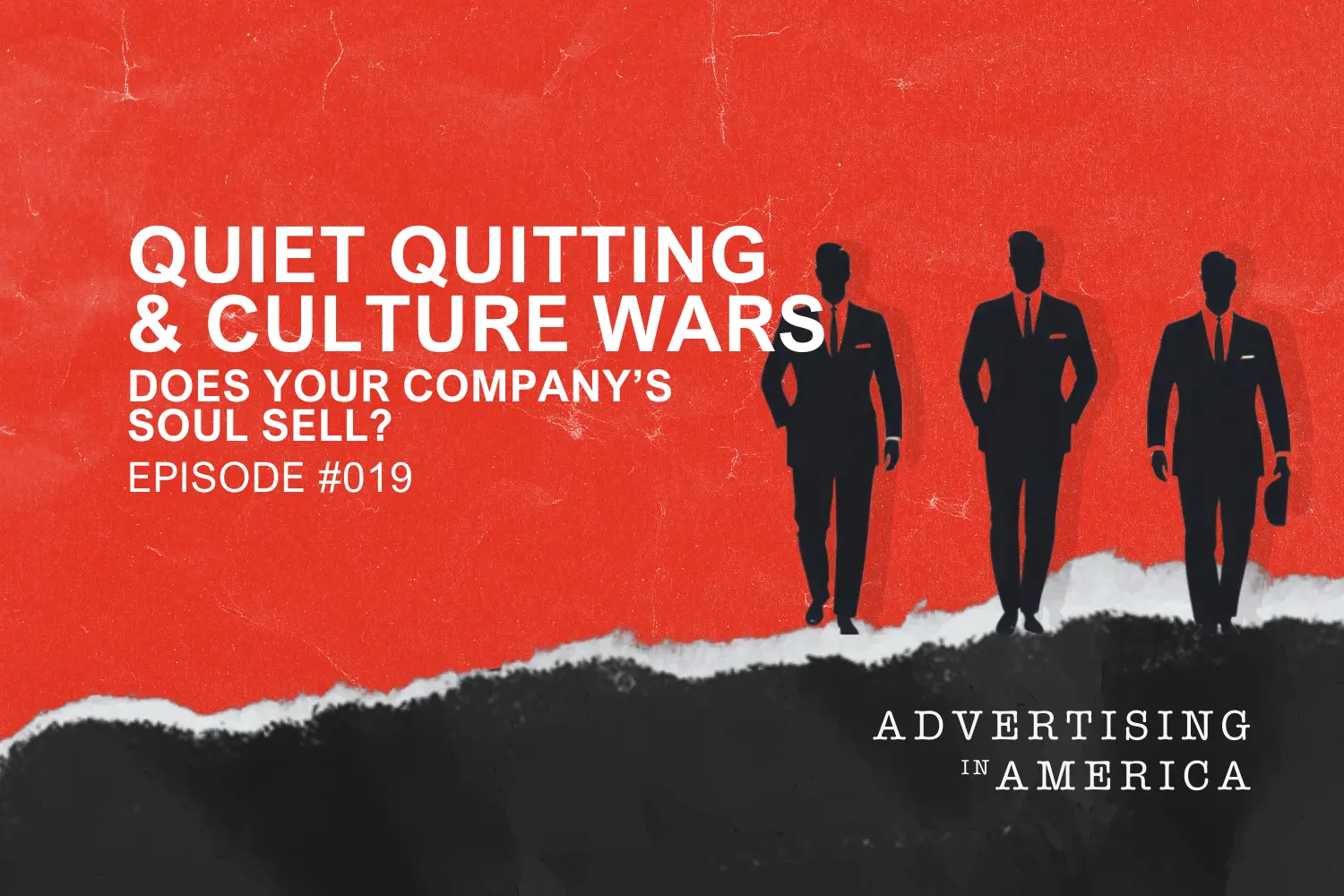
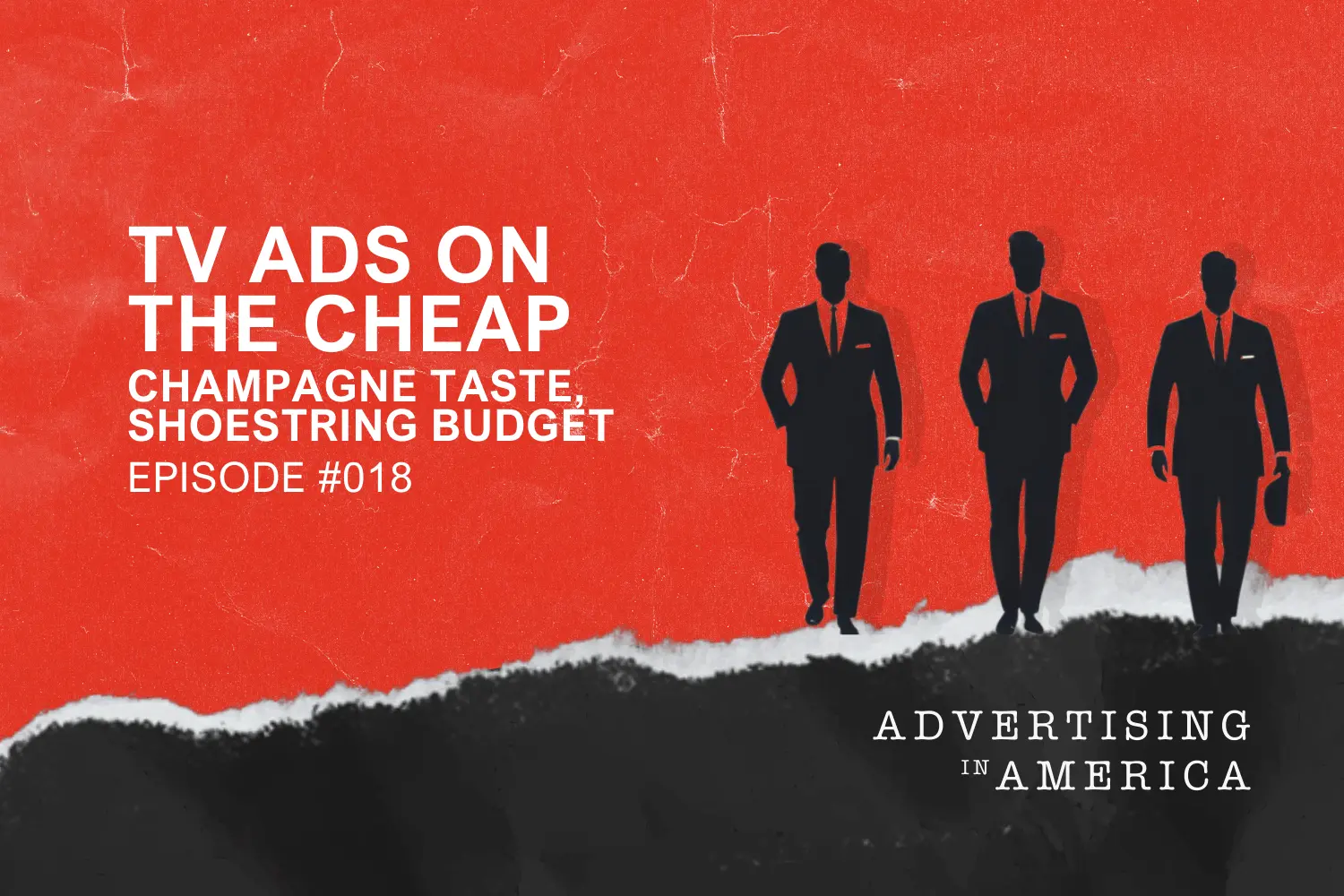

.webp)
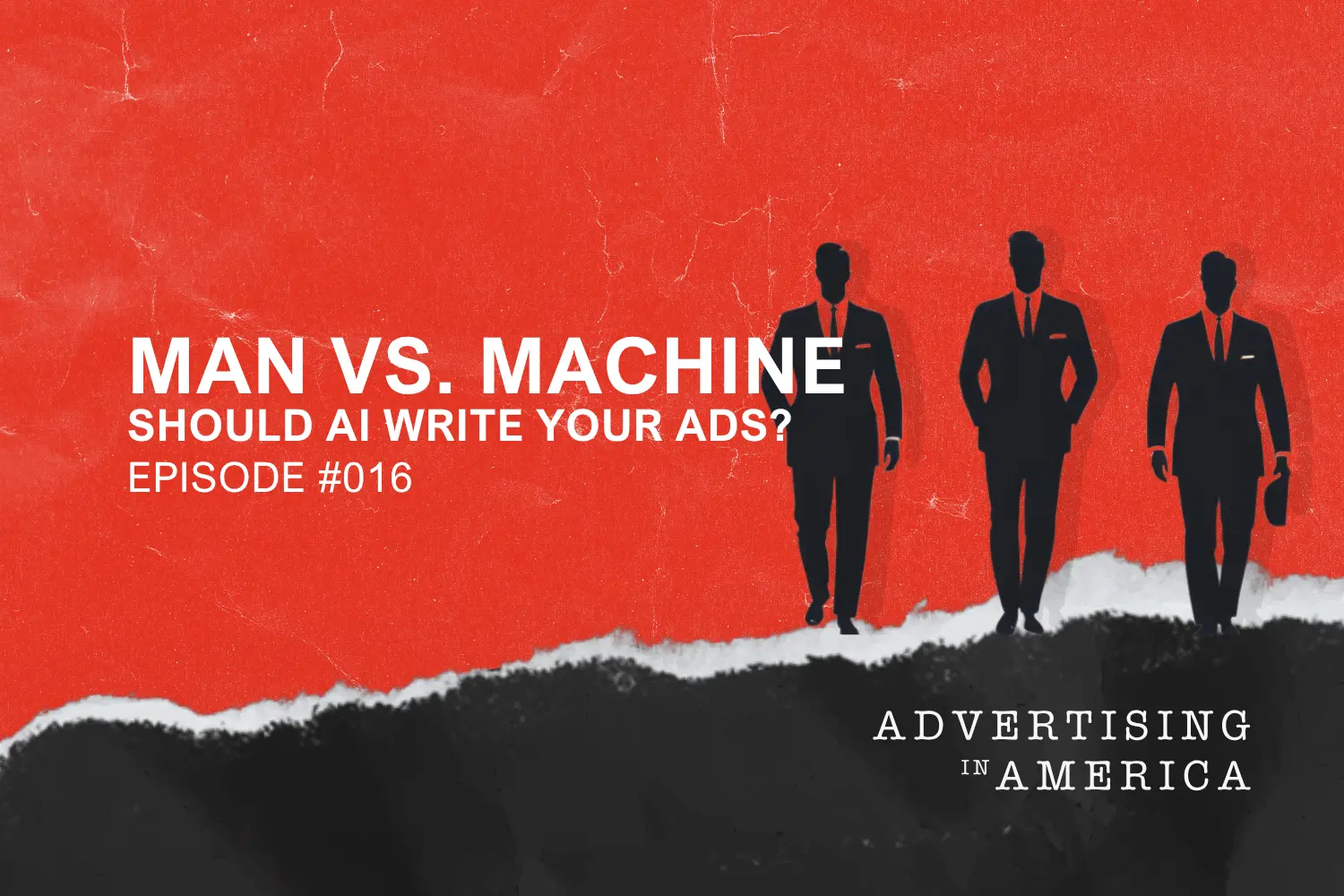










.webp)

.webp)
.webp)

%20(1).webp)
.webp)
.webp)




.webp)


.webp)






.webp)




.webp)
.webp)


.webp)







